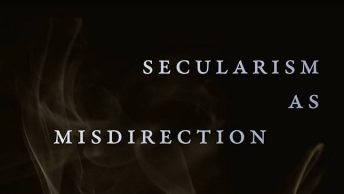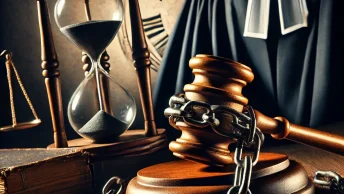The New Year has coincided with a divergence of views on India between foreign and Indian observers. It is not unusual for foreign observers to go wrong on India. Remember ‘India’s Most Dangerous Decades’ published in 1960 and authored by Selig S.Harrison? As the prophet of doom, Harrison feared the worst from the language riots of the South, and believed India would disintegrate. In his book, India After Gandhi,(Epilogue) Ram Guha refers to the book written by Bernard Nossiter, then Washington Post’s correspondent in India, in 1970, in which he wrote that the future unity of India was at stake, because of separatist tendencies. Ram Guha also cites Pratap Bhanu Mehta’s 2003 book, The Burden of Democracy,wherein he deplored the decline in moral values over the years in independent India. Ram Guha’s answer to all these is that it is in the nature of democracies that while visionaries are sometimes necessary to make them, once made they can be managed by mediocrities. “In India, the sapling was planted by the nation’s founders, who lived long enough (and worked hard enough) to nurture it to adulthood. Those who came afterwards could disturb and degrade the tree of democracy but, try as they might, could not uproot or destroy it”, he wrote.
Ram Guha’s belief in India’s resilience for all time to come may be open to question (as he himself qualified it saying the chances are fifty fifty), but how do we explain the present distrust of the political class by both foreign and Indian observers?
If some of the erstwhile prophets of doom based their predictions after touring the length and breadth of the country, many of today’s observers feel it is possible to make instant judgments based on a study of online responses. The author of this article in Spectator is one such to make the dire prediction that the 2009 general election could well become a turning point in view of all-round disillusionment with the political class as gleaned from the internet. Pratap Bhanu Mehta, in his column, warns: democracy will not be subverted by the people; but the people will have to be constantly watchful of those who claim to represent them. He also cautions that templates may not be of much help in this world of “other things not being equal”. His invoking of Gandhi’s Hind Swaraj led me pick up a copy of the book edited by Anthony J.Parel for enlightenment. Well, I end up asking similar questions: where and what are the answers which could satisfy those who ask such questions. Is the dividing line between the prophets of doom and the nuanced interpretation of contemporary reality by indigenous observers becoming rather thin? 2009 may well be a turning-point. However, sceptics may suggest the same could be said of any forthcoming or bygone years, as we grapple with tumultuous events pregnant with uncertainties.
UPDATE: I just read a report on Jaago Re in HT. Although this movement was born out of current cynicism about political class in general, I reserve my judgment on its merits, even as I’m thinking of registering myself on its website.






V.V I think we need new categories and new modes of analysing issues as old idioms may not be adequate.Questions raised by Hind Swaraj may be relevant today but the issue of who speaks/represents whom is also an issue on the limitations of parliamentary democracy also.Economic recession a global scale and terrorism today have no parallels in history.